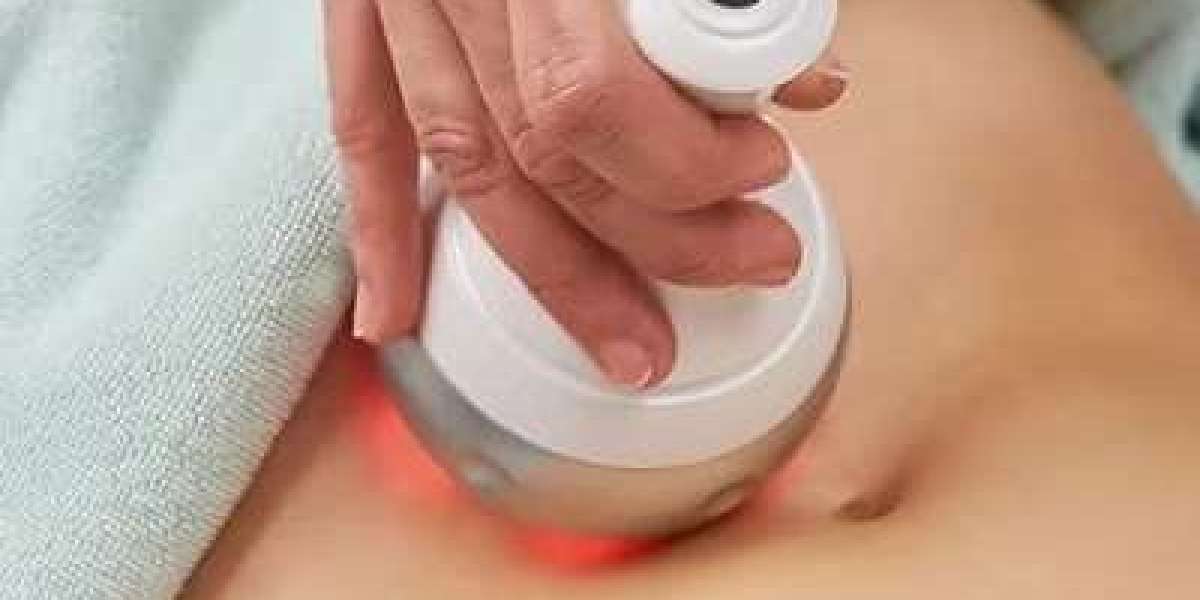HDMI extenders help you send video and sound from one room to another using HDMI cables. They are great for home theaters, classrooms, or big living rooms. But sometimes, things don’t work as they should. The picture might flicker, the sound might drop, or you get no signal at all. Let’s learn how to check your HDMI extender and make sure everything is working just right.
What is an HDMI Extender?
An HDMI extender is a device that lets you send HDMI signals over long distances. You use it when your HDMI cable for TV or other device isn’t long enough. Most extenders use special cables, like network cables, to carry the signal farther than a regular HDMI cable can go.
The Exact Answer: How to Check HDMI Extender
To check your HDMI extender, connect your source device (like a Blu-ray player or PC) to the extender’s input, and connect the extender’s output to your TV using an HDMI cable. Make sure all cables are plugged in tightly and the extender has power. If the picture and sound come through clearly on your TV, your HDMI extender is working well. If not, try swapping cables or testing each part one by one.
Step 1: Inspect All HDMI Cables
First, check every HDMI cable you use with your extender. Look for cuts, bends, or broken ends. Make sure your HDMI cable for TV is plugged in all the way. Loose or damaged cables can cause the signal to drop or flicker.
Step 2: Check the Power Supply
Most HDMI extenders need power. Make sure the power adapters are plugged in and the lights on the extender are on. If there’s no power, the extender can’t send the signal.
Step 3: Test the Source and Display
Connect your source device (like a PC or game console) directly to your TV with an HDMI cable. If you get a clear picture and sound, your devices and HDMI cable for TV are working. If not, you might have a problem with the device or the cable.
Step 4: Connect the HDMI Extender
Now, connect your source device to the input side of the HDMI extender. Use a good HDMI cable. Then, connect the output side of the extender to your TV with another HDMI cable. Make sure all cables are secure and the extender is powered on.
Step 5: Watch for Picture and Sound
Turn everything on. If you see a clear picture and hear sound, your HDMI extender is working. If not, try these steps:
Check that all cables are plugged in tightly
Try a different HDMI cable for TV or source
Make sure the extender’s power light is on
Swap the power adapter if you have a spare
Step 6: Test Each Cable and Device
If you still have trouble, test each cable by connecting your source device straight to the TV. If one cable doesn’t work, replace it. If all cables work, the problem might be with the extender.
Step 7: Use an HDMI Cable Tester
If you want to be extra sure, you can use an HDMI cable tester. Plug each HDMI cable into the tester to check for broken wires or weak signals. Some testers even show if your cable can handle high-speed video, which is great for 4K TVs.
Step 8: Check for Interference
Keep your HDMI cables and extender away from other electronics like Wi-Fi routers or microwaves. These can sometimes mess with the HDMI signal, especially over long distances.
Step 9: Try a Different HDMI Port
If your TV has more than one HDMI port, try plugging the extender into another port. Sometimes a single port can go bad, but the others work fine.
Step 10: Reset Everything
Turn off your TV, source device, and HDMI extender. Unplug them from the wall for a minute. Then plug them back in and turn them on. This simple step can fix many small problems.
Tips for Getting the Best Picture and Sound
Use high-quality HDMI cables for all connections
Don’t bend or twist your cables too much
Keep cables and extenders away from heat and water
Label your cables so you know which one goes where
Replace old or damaged cables right away
When to Replace Your HDMI Extender
If you’ve tried all these steps and still have trouble, your HDMI extender might be broken. Try using a different extender if you have one, or contact the company for help.
Final Thoughts
Checking your HDMI extender is easy when you know what to do. By testing each cable, making sure everything has power, and watching for clear picture and sound, you can keep your home setup running smoothly. Use good HDMI cables, keep things tidy, and enjoy your favorite shows and games without any trouble!
Sources: https://www.techonent.com/2025/06/how-to-troubleshoot-hdmi-extension-cable-issues.html
https://www.storeboard.com/blogs/electronics/why-does-my-long-hdmi-cable-keep-cutting-out/6220426
https://telegra.ph/What-is-the-Problem-with-Long-HDMI-Cables-06-11



